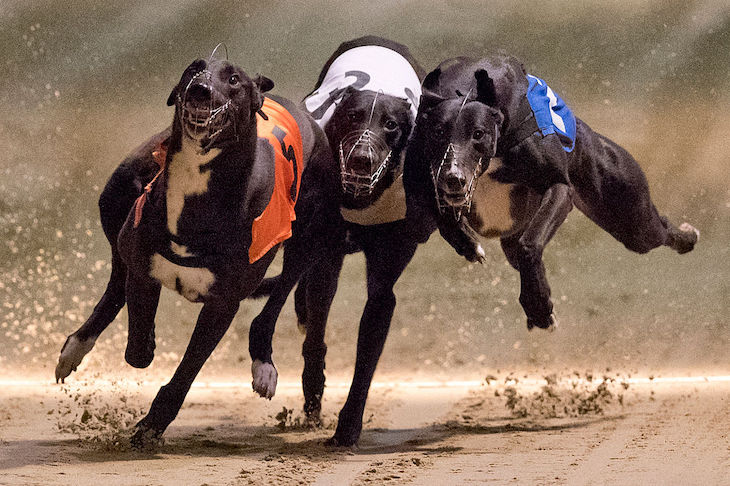An American influencer called Sam Jones has been roundly denounced after she posted a video of her snatching a wild baby wombat from its distressed mother in Australia.
The video, since deleted, showed Jones picking up a joey by the road and running with it to a car, while its poor mother ran after them. A man can be heard laughing callously as he films, saying: ‘Look at the mother, it’s chasing after her!’
Social media users, conservationists, animal rights campaigners, and even Australia’s Prime Minister, Anthony Albanese, have condemned Jones, who has now left Australia voluntarily amid calls for her deportation. It’s easy to see why so many people are so angry. There’s something especially painful and upsetting about seeing a baby animal and its mother being brutally separated.
If you feel that pain and upset, wait until you hear what happens on dairy farms. Mother cows are artificially inseminated and when they give birth their calf is usually removed within 36 hours, so the farmers can sell the milk that is meant for her baby.
According to wildlife experts, a profound bond between cow and calf is formed quickly after birth, so after their babies are taken by dairy farmers, mother cows will often bellow and cry for days, wondering where their baby has been taken. I wonder how many of those condemning Jones poured milk into their coffee that morning.
Other farm animals also face brutal separations from their young. Mother pigs are known to form strong bonds with their piglets in the wild but in factory farms the sows are kept in small gestation crates. After being forcibly impregnated, they’re allowed to nurse their babies only for a matter of weeks before they’re snatched away. More babies stolen from their mothers, but I don’t remember hearing any calls for farmers to be deported.
Hens are famously affectionate and protective as mothers. In the wild, a hen tends to her eggs with care and can communicate with her chicks while they’re still inside the egg, but in factory farms she will never even get to see her eggs hatch. Where is the outrage for all of these feathered mums?
What a confused relationship we have with animals. People visit zoos and petting farms to coo and marvel over the wonderful animals and then eat a ham sandwich or a burger at the establishment’s canteen. When someone sees a dog shut in a car on a hot day they’re righteously furious but they don’t give the same thought to farm animals that are crammed into trucks for the long journeys, sometimes through several countries, to slaughterhouses.
A cat owner will sit nervously in the waiting room at vets, willing to give anything – anything – to stop their beloved pet from suffering even for a moment longer, but then happily eat the dead bodies of cows, pigs and sheep who knew only suffering during their cruelly curtailed lives. It seems that some animals deserve to be cuddled and other animals deserve to be killed but it’s only our conditioning that makes us feel this way.
Vegans like me like to think we’re righteously free of these contradictions but I’m not sure that’s entirely true. I’m more concerned about my dog’s wellbeing than the wellbeing of any fleas I find in his fur and I’d definitely be more upset to see a dead fox by the side of the road than a dead spider.
But my hierarchies don’t support, or even turn a blind eye to, systematic cruelty in factory farms and slaughterhouses. So as I join the chorus of anger about a baby wombat being snatched from its mother, I know I’m not paying for other animals to suffer the same fate.







Comments